Reimagining Recycling and Reshaping the Future
Press release from the issuing company
What do we really mean when we call packaging ‘recyclable’?
It sounds like an obvious question but, in theory, every piece of packaging, from the tin can to the plastic shrink wrap, can go through the recycling process, be broken down into its raw materials, and used to make something else. So why aren’t they?
The uncomfortable truth is that the technical answers to virtually any recycling question already exist – but the economic answers don’t. That means we should only call something ‘recyclable’ if the value of the recycled material is greater than the costs involved in the recycling process.
Julien Tremblin, General Manager at TerraCycle Europe, grapples with these questions every day. Speaking at the Circular Economy Stage at Packaging Innovations 2024, Julien’s enthusiasm for innovation in recycling is immediately obvious.
Balancing the economic equation
However, Julien isn’t blind to the economic reality we exist in. “If we go to a company and say ‘We can recycle your packaging, it’s going to cost you money to do so, but you should do it for the good of your heart’, we’re going to hit a brick wall,” he explains. “We need to find some return on investment one way or another.
“That can take many forms, whether it’s the value of the recycled material or the value of the PR and marketing that it creates.”
To give onlookers to the speech, held at the Circular Economy Stage on the first day of Packaging Innovations & Empack, an idea of the TerraCycle approach, Julien lists some of the recycling taboos the company has broken.
“We worked with Superdrug and Aldi to collect blister packs. Ten years ago, everybody would’ve said they’re not recyclable – but they are. There are ways to recycle them. You just need to create a separate collection, and drive awareness and visibility in the store to maximise volume. You then have the ability to create your own supply chain for recycling.
“We’ve been working with Walker’s to turn their crisp packet waste into linings for trucks – it’s maybe not the sexiest application, but it is an application. We work with contact lenses and glasses – even things like cigarette butts contain elements that can be cleaned and reused. Face masks are recyclable as they’re mostly made of polypropylene, which when collected and recycled separately can be turned into new products. Bank cards, guitar strings, car seats – there’s always a way to recycle them if you keep that economic equation in mind.”
Sorting out the problem
Julien argues that the answer to this equation doesn’t depend entirely on packaging, nor on regulators or the recycling industry – it depends on retailers.
“Retailers have an oversized role to play,” he says. “That is where people purchase products, so it’s where people should return them for recycling. We’re working with Wal-Mart (the US-based supermarket chain) to collect 12 different waste streams at the car parks of Wal-Mart stores. This system involves giving the end user a coupon that they can redeem for their next purchase of the product they have just returned for recycling, so there is an economic incentive for the consumer and retailer.”
Crucially, this approach also solves the problem of separating out different materials – the consumer does this when they drop their old toothpaste tubes, razors, or blister packs into the relevant receptacle. “It’s extremely important to sort waste at the source to ensure we apply the right recycling solution,” he explains. “Then we aggregate and send for recycling at our partner sites.”
The impact of EPR
This approach also creates another economic incentive – it provides businesses with a consistent stream of low-cost recycled materials that they can use to create new products. This has applications in closed-loop systems - where products are recycled into the same product, as is common practice with PET drinks bottles – or open-loop systems, where recycled material is used in different products throughout the supply chain, turning pens into flower pots and pallets into children’s toys, for example.
“These are the kinds of projects where you get told ‘that can’t happen’ and it can! You just need the right funding, collection system, and recycling technology behind it.”
And, as Julien continues to explain, the advancing rollout of Extended Producer Responsibility (EPR) reforms could play a significant role in unlocking the kind of investment required to overcome many persistent recycling challenges. “Sometimes you might need millions to transform a recycling facility to the level that is required,” he says. “But the French EPR administrator gets around a billion Euros per year from the fees that are raised. And the modulated fees incentivise the use of recycled materials, which will stimulate demand for recycled materials, creating a positive feedback loop that could permanently shift the economic reality of recycling.
“It’s not a silver bullet – we have to ensure that the money raised through EPR is ring-fenced. And it will take time to see the changes in infrastructure to ensure problematic materials get recycled at a wide scale. But it is fantastic, and every country should adopt its own EPR scheme.”
Is it time to start rethinking recycling? To shift our thinking away from what we think is impossible, and instead focus on how we could make it possible. The truth is that the recycling works the way we want it to work. Maybe now, the time is right to start making it work differently. And whatever the future of recycling looks like, it will be shaped by conversations like this at events like Packaging Innovations.
Join industry leaders like Julien Tremblin at Packaging Innovations 2025, where we'll challenge outdated assumptions and explore how to make recycling truly economically viable. This is your chance to be part of the conversation shaping the future of sustainable packaging. Don't miss out—register your interest now.
- Questions to ask about inkjet for corrugated packaging
- Can Chinese OEMs challenge Western manufacturers?
- The #1 Question When Selling Inkjet
- Integrator perspective on Konica Minolta printheads
- Surfing the Waves of Inkjet
- Kyocera Nixka talks inkjet integration trends
- B2B Customer Tours
- Keeping Inkjet Tickled Pink
© 2024 WhatTheyThink. All Rights Reserved.


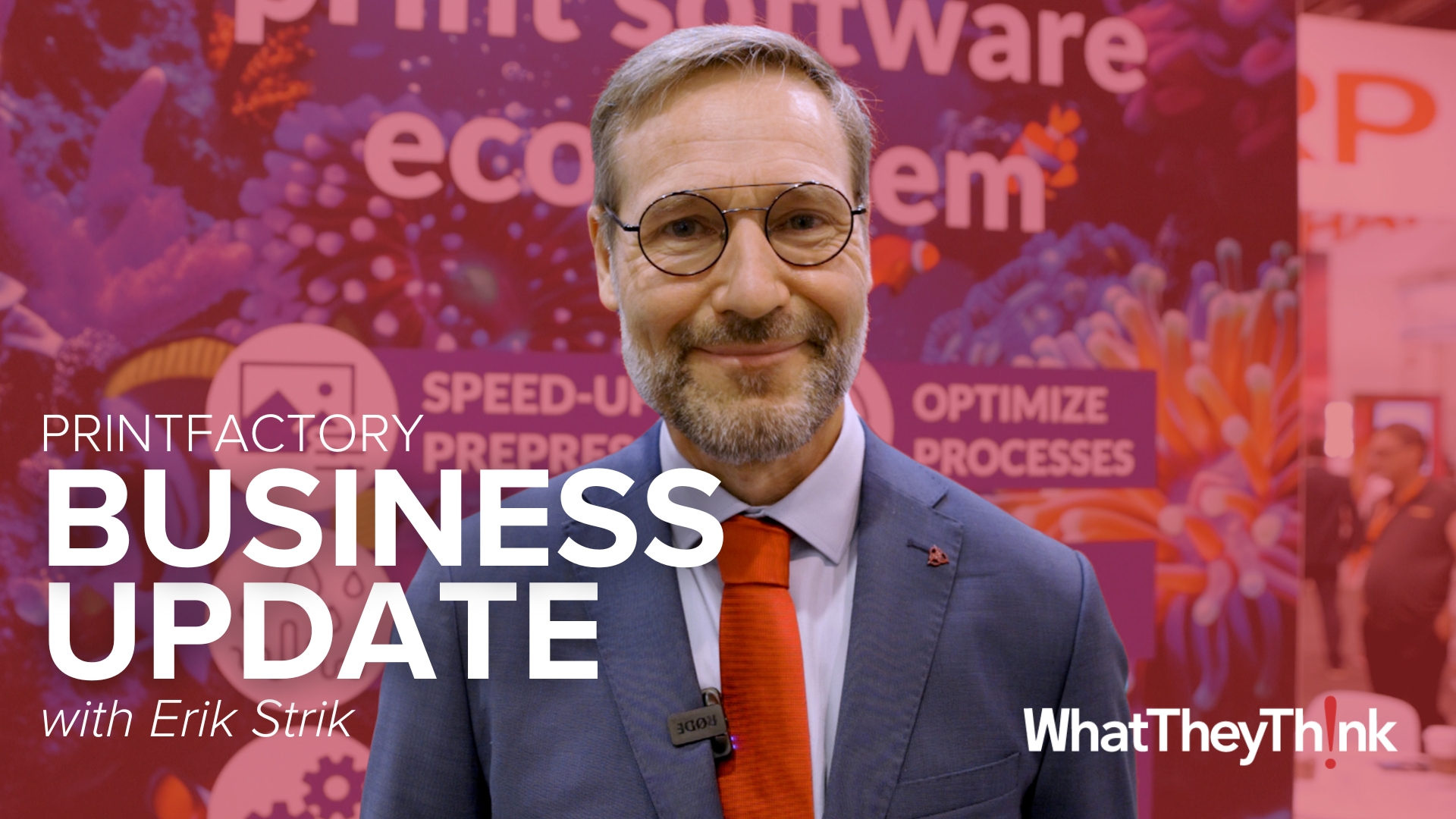
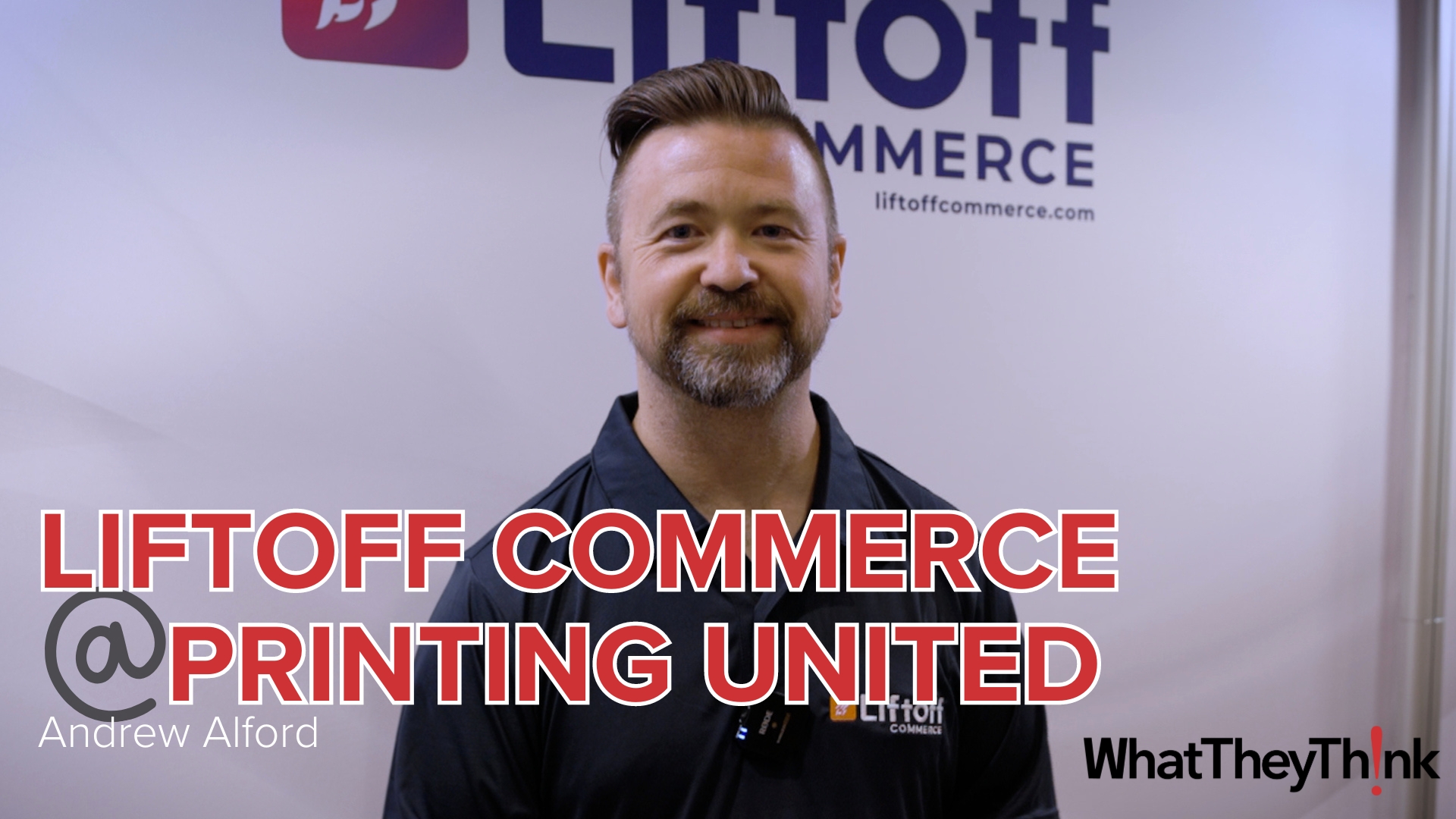

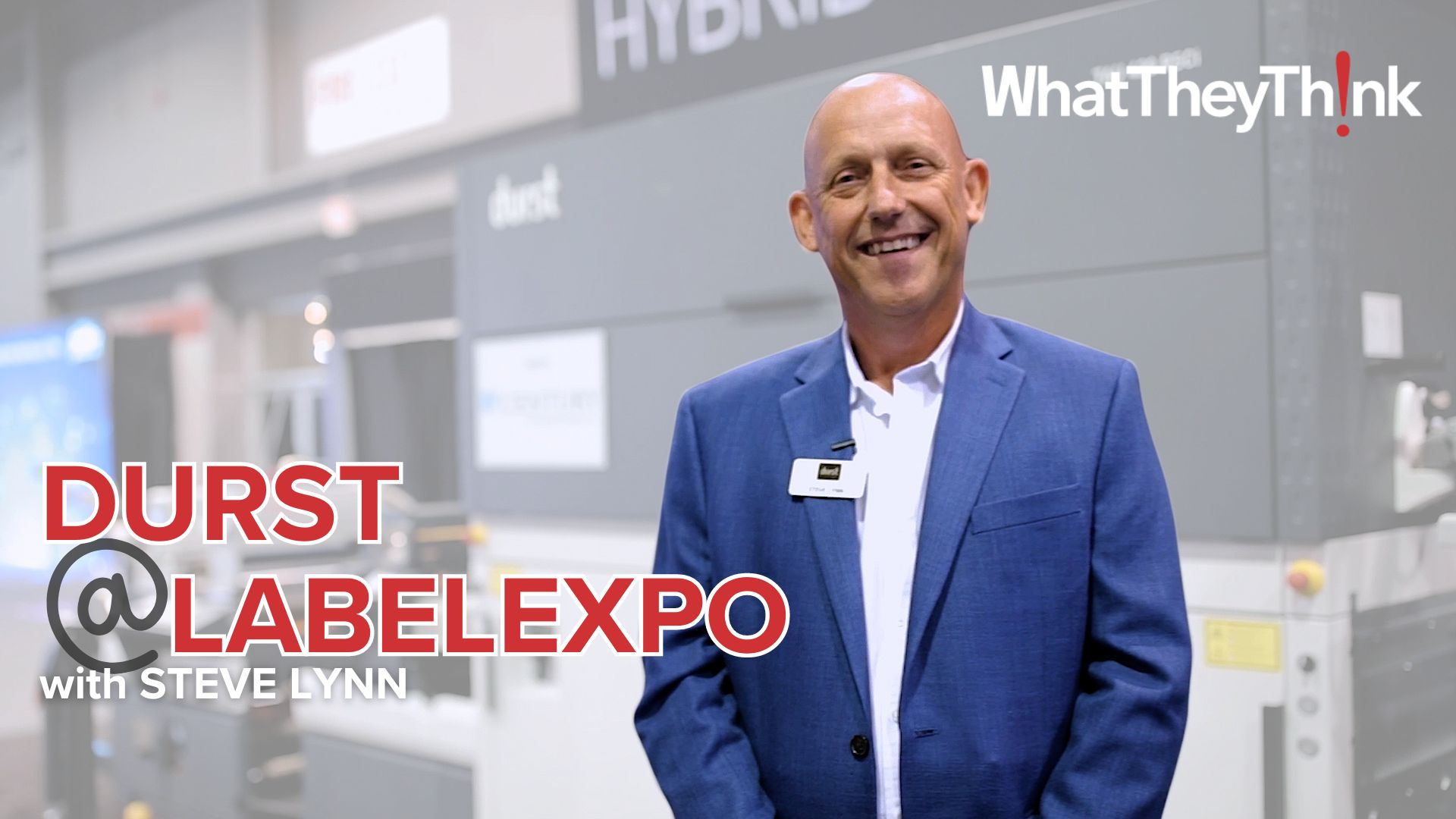
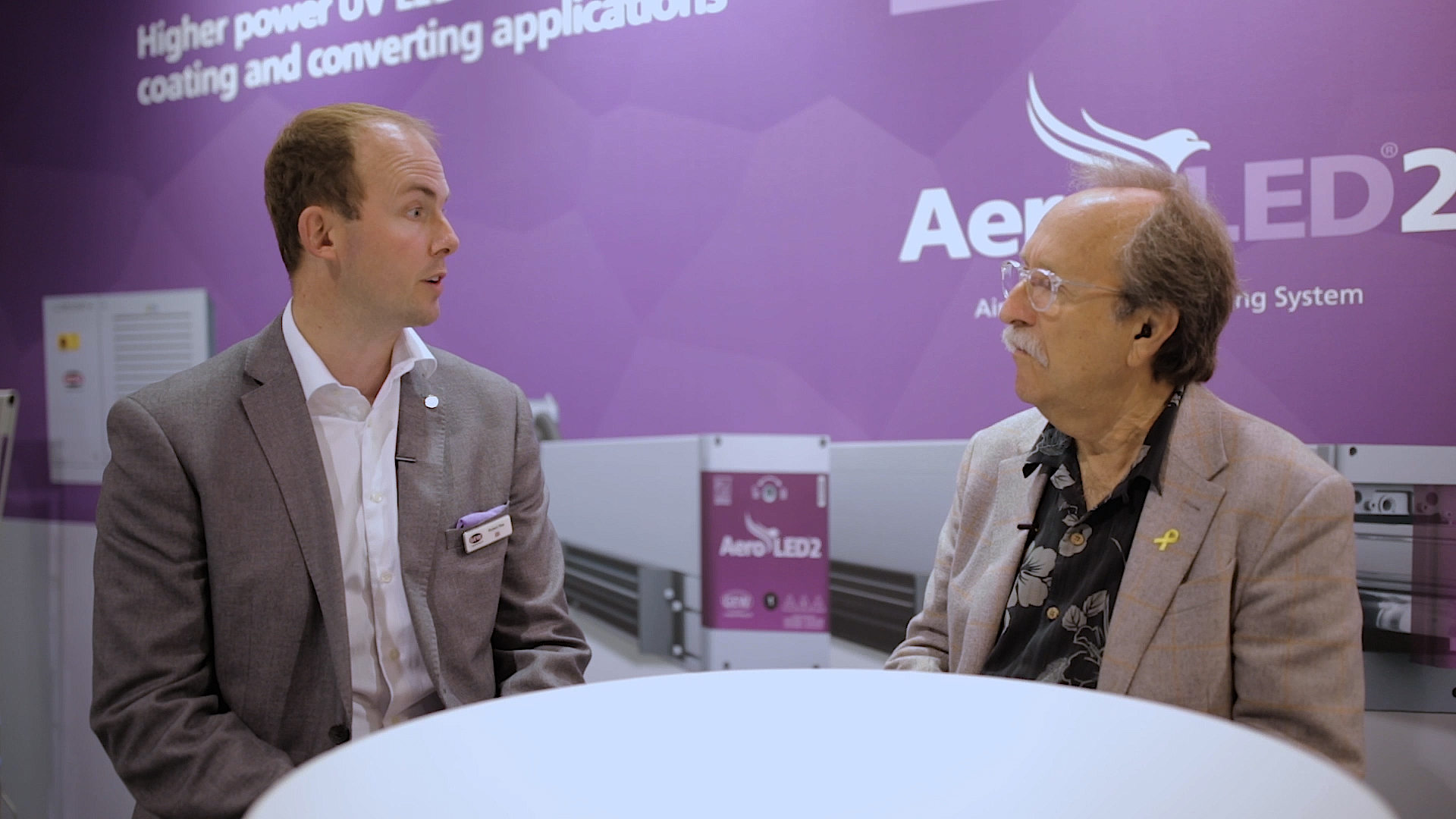
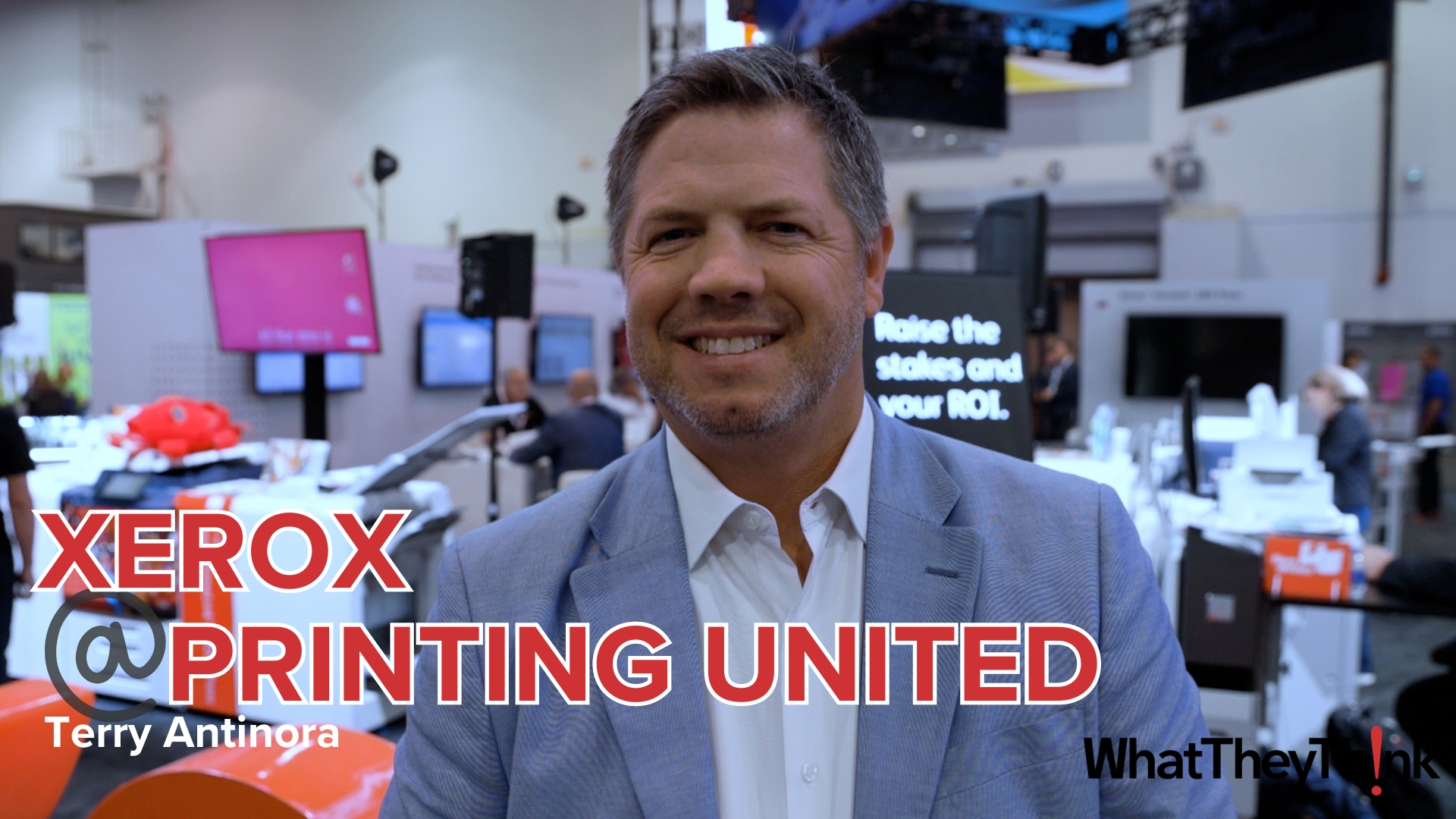
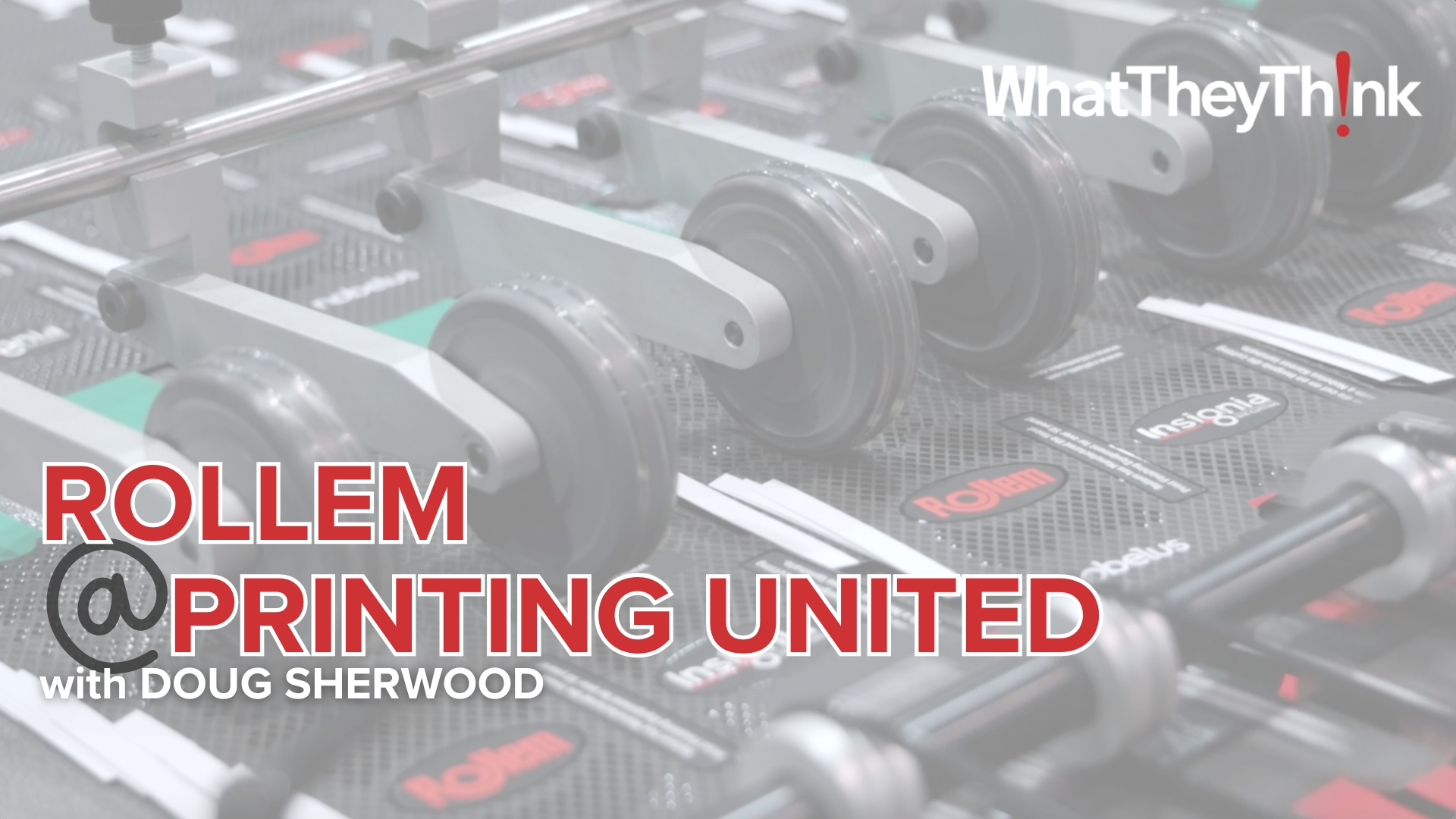
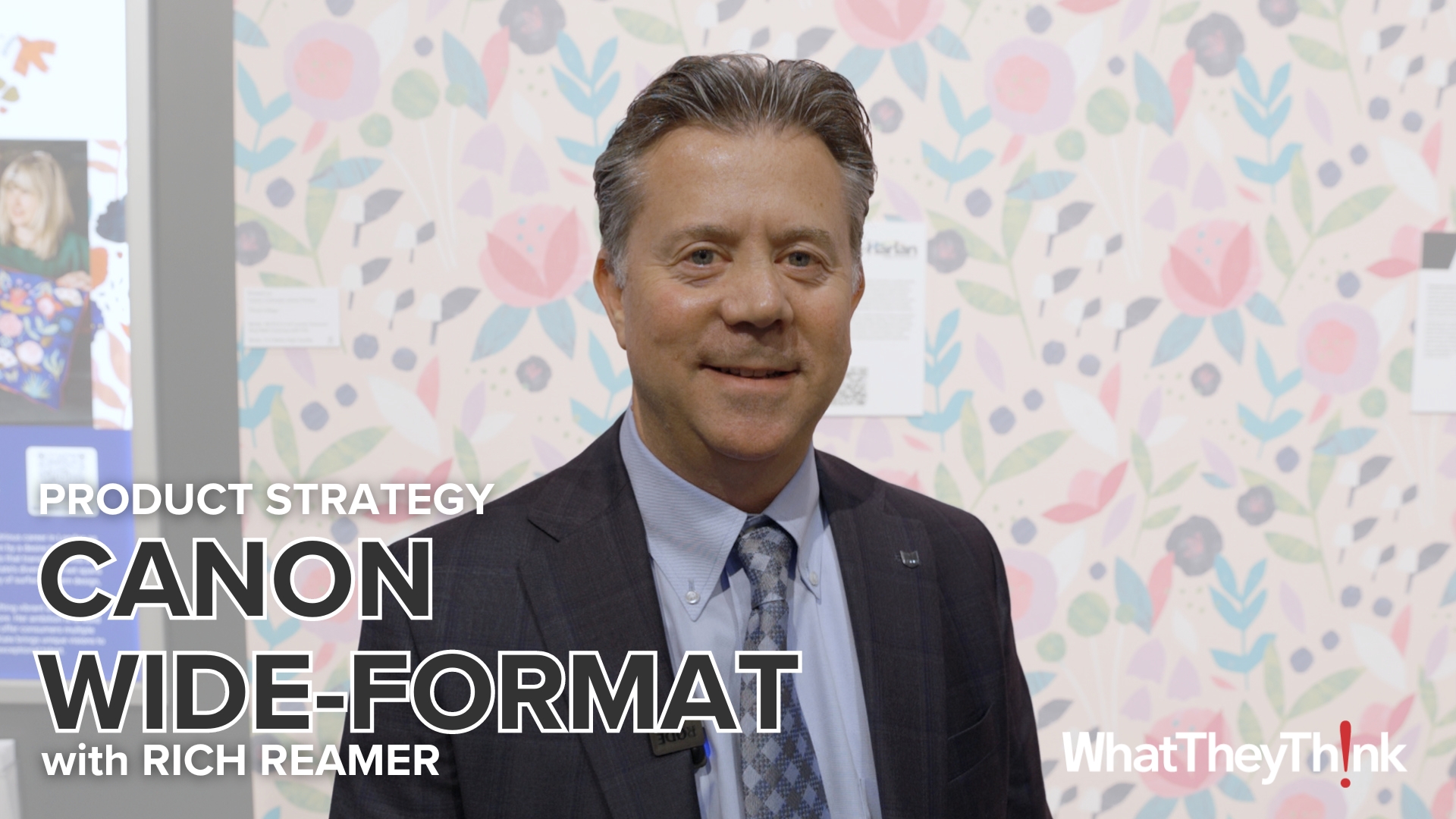
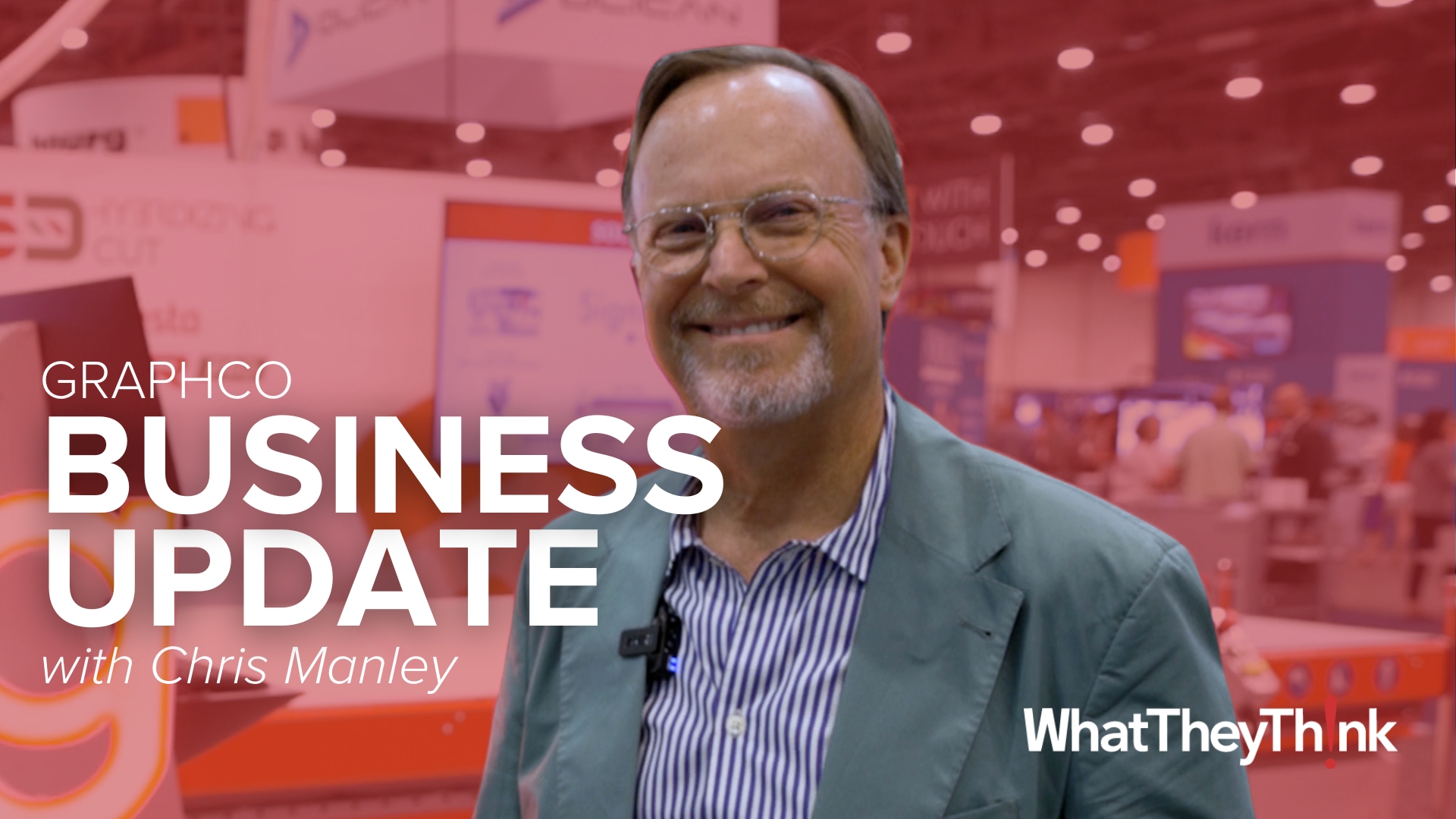
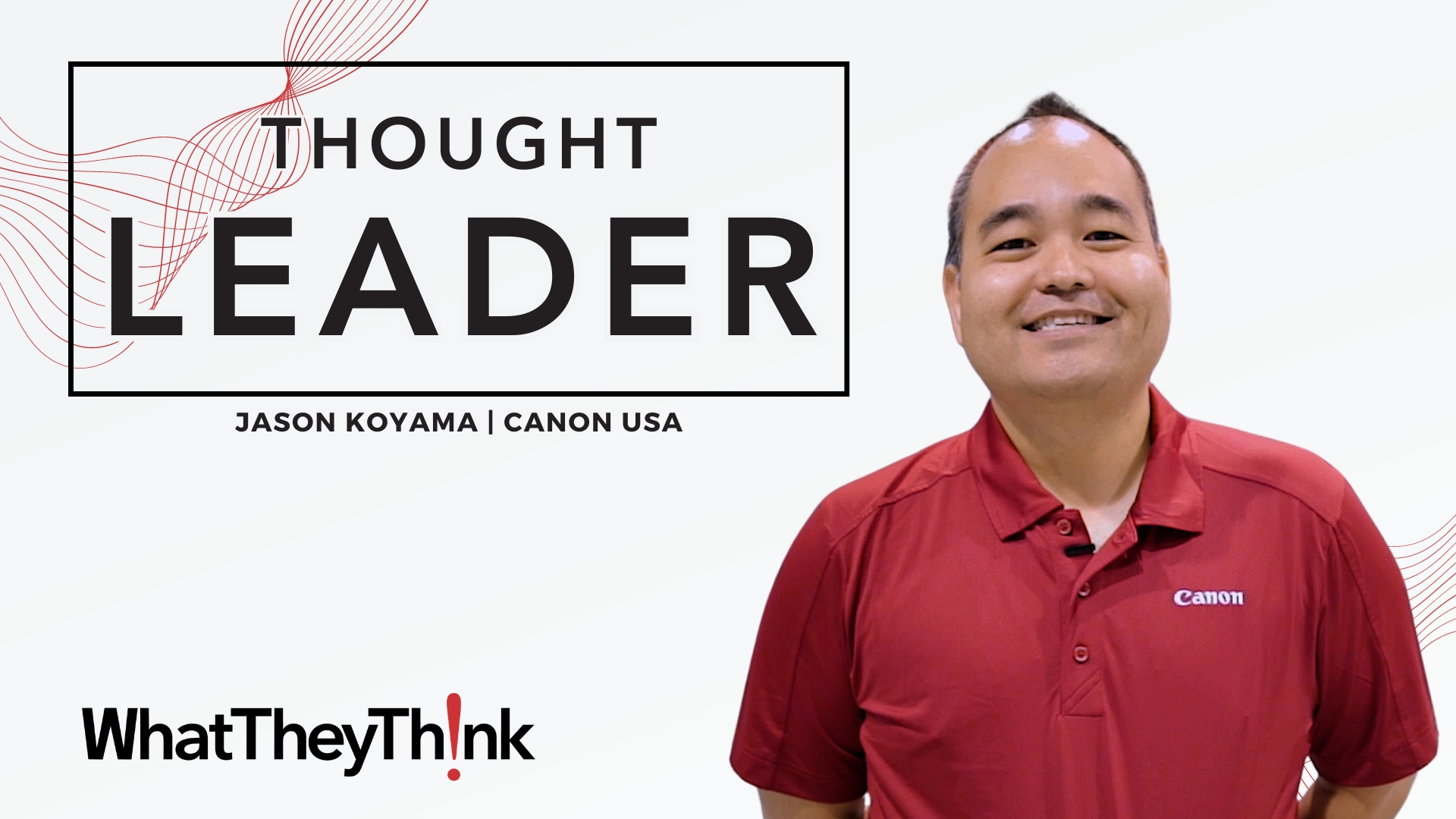
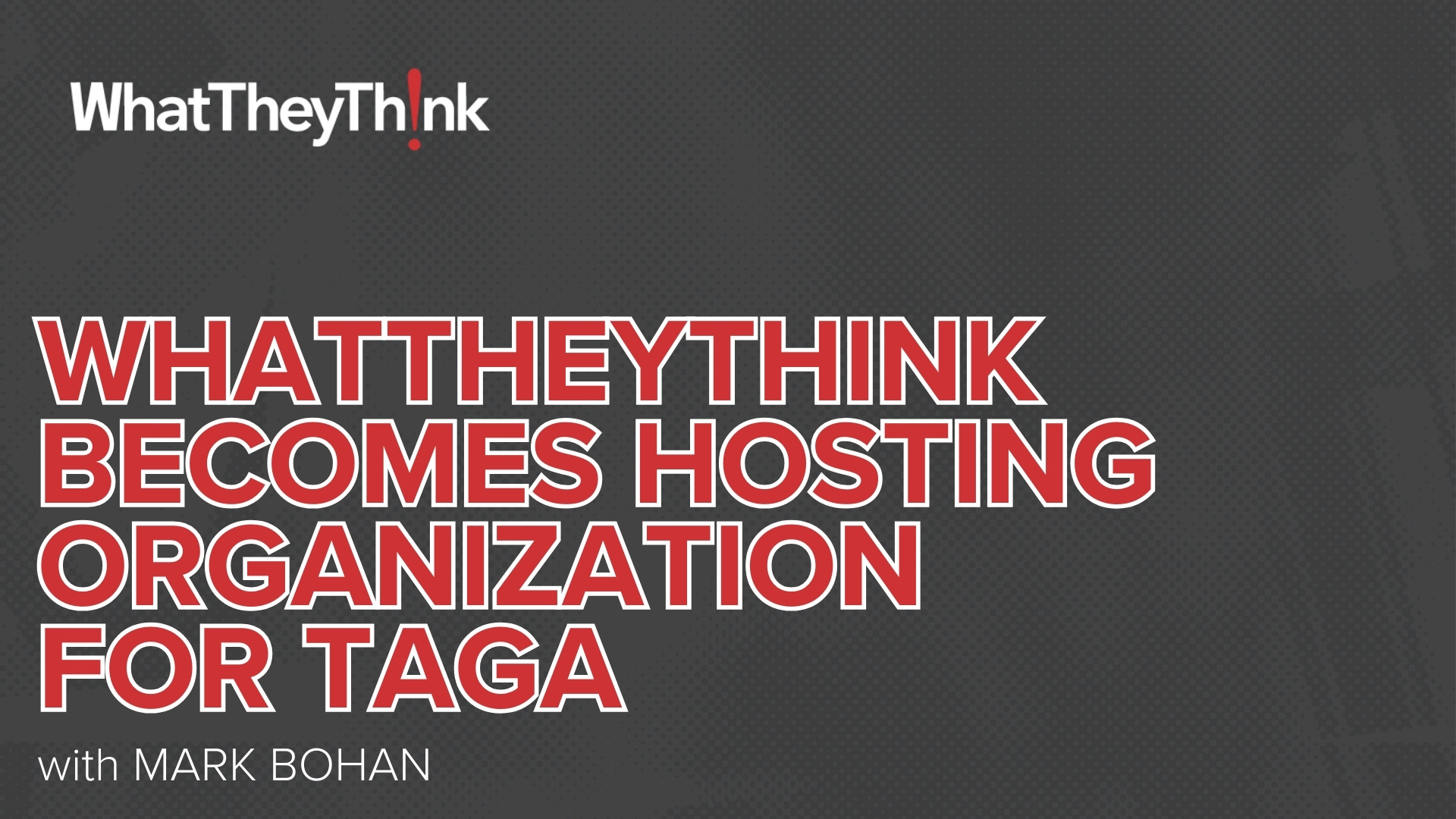


Discussion
Join the discussion Sign In or Become a Member, doing so is simple and free